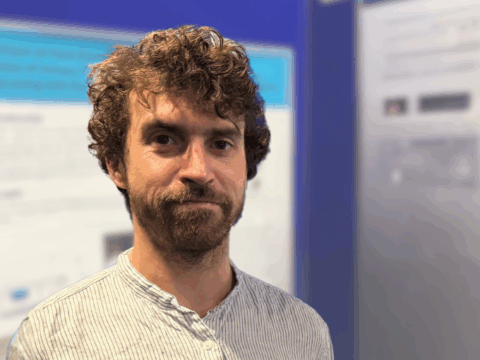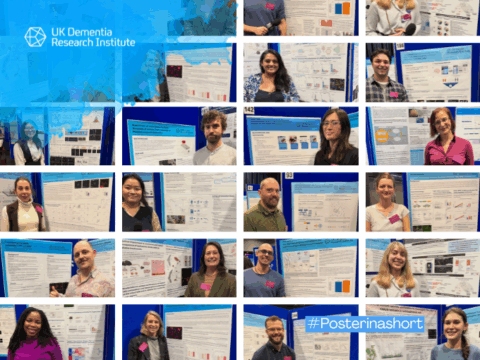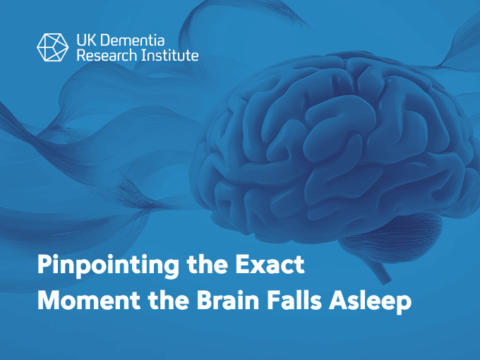
Danielle Wilson
Name:
Danielle Wilson
Job Title:
Centre and Research Commercialisation Manager and Chair of a Health Research Authority Research Ethics Committee.
Place of work / study:
UK Dementia Research Institute, Care Research and Technology Centre, Imperial College London
Area of research:
I manage the Care Research and Technology Centre as part of the UK Dementia Research Institute. I am responsible for both the operational management of the Centre and our commercial collaborations. I have previously acted as Director and Clinical Research Domain Lead at West London NHS Trust leading an NHS facility conducting large clinical trials with both healthy individuals and those with cognitive impairment and dementia.
How is your work funded?
Both commercial and non-commercial funding sources.
Tell us a little about yourself:
I have extensive experience in clinical research leadership and management. I have worked with the National Institute of Health Research networks, the NHS and global pharmaceutical companies.
I am passionate that the patient voice is heard throughout trial design and delivery and have previously acted as the Patient and Public Involvement, Behavioural Economics and Ethics lead for the National Consortium of Intelligent Medical Imaging, based at the Big Data Institute, at the University of Oxford.
In my free time I chair a Health Research Authority Research Ethics Committee, I also Chair the Dementia Partnership Board in the London Borough of Hammersmith and Fulham (LBHF) where we are focused on diagnosis rates of dementia in the borough and implementation of the Dementia Strategy and have recently been appointed the Genomics England’s Access Review Committee.
Tell us a fun fact about yourself:
I once found a cat that had been lost for 2 years and reunited him with his owner (who couldn’t believe it and was really delighted)
Why did you choose to work in dementia?
The first research project I conducted was (almost) 20 years ago, alongside a group of researchers in Lewisham. We ran a randomised control trial investigating infection control in care homes – my first experience of care homes and their residents. I then went on to work at the Dementias and Neurodegenerative Disease Research Network (DeNDRoN), then Imperial College London where I worked with many other investigators, charity groups, commercial companies, participants with dementia and their families.
I’ve always liked the underdog (and supported Wimbledon when they were at Selhurst Park), I still see dementia in terms of funding and our understanding of the disease as the ‘underdog’ to other disease areas, but am very pleased that this is changing.

 Print This Post
Print This Post




